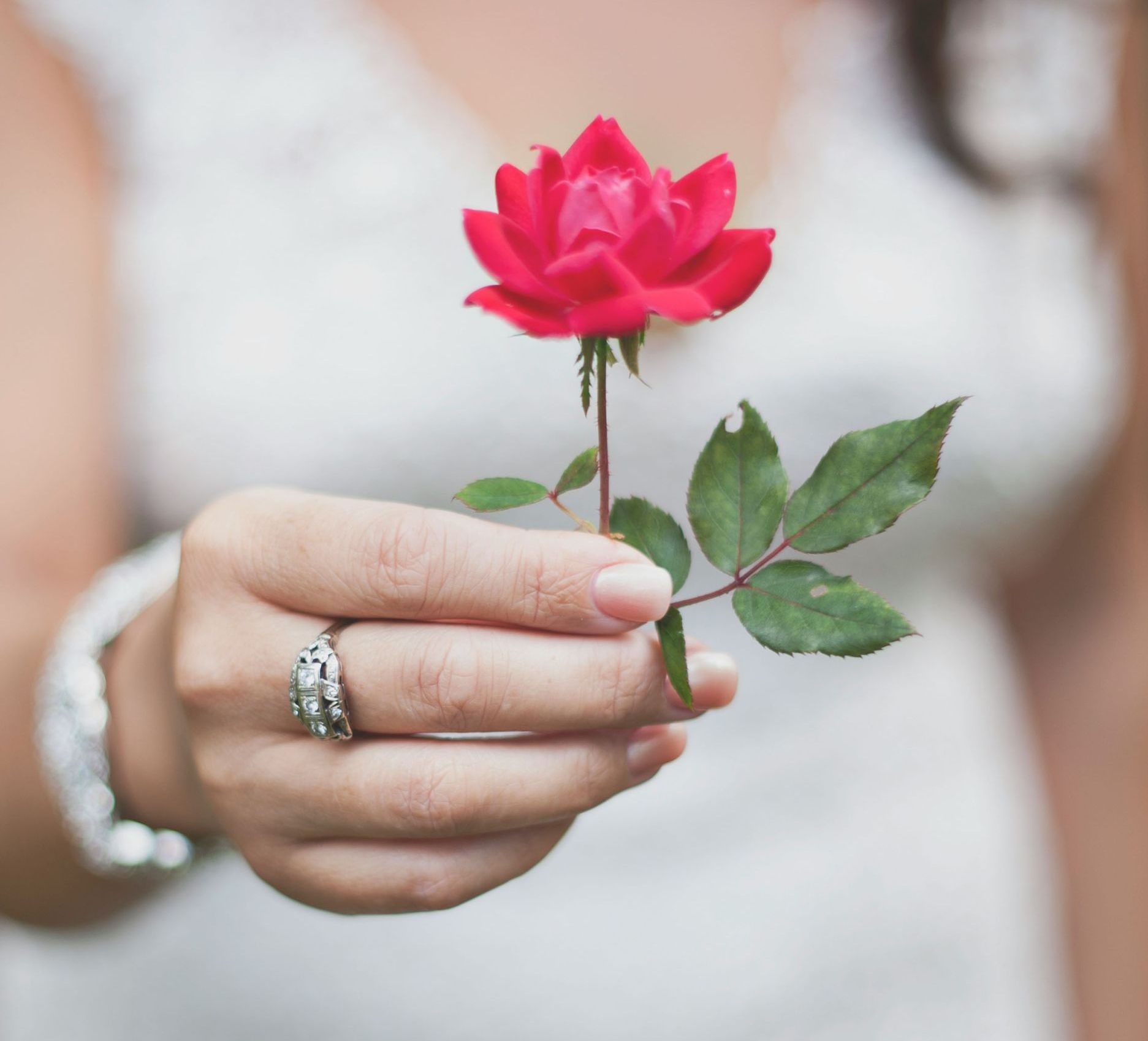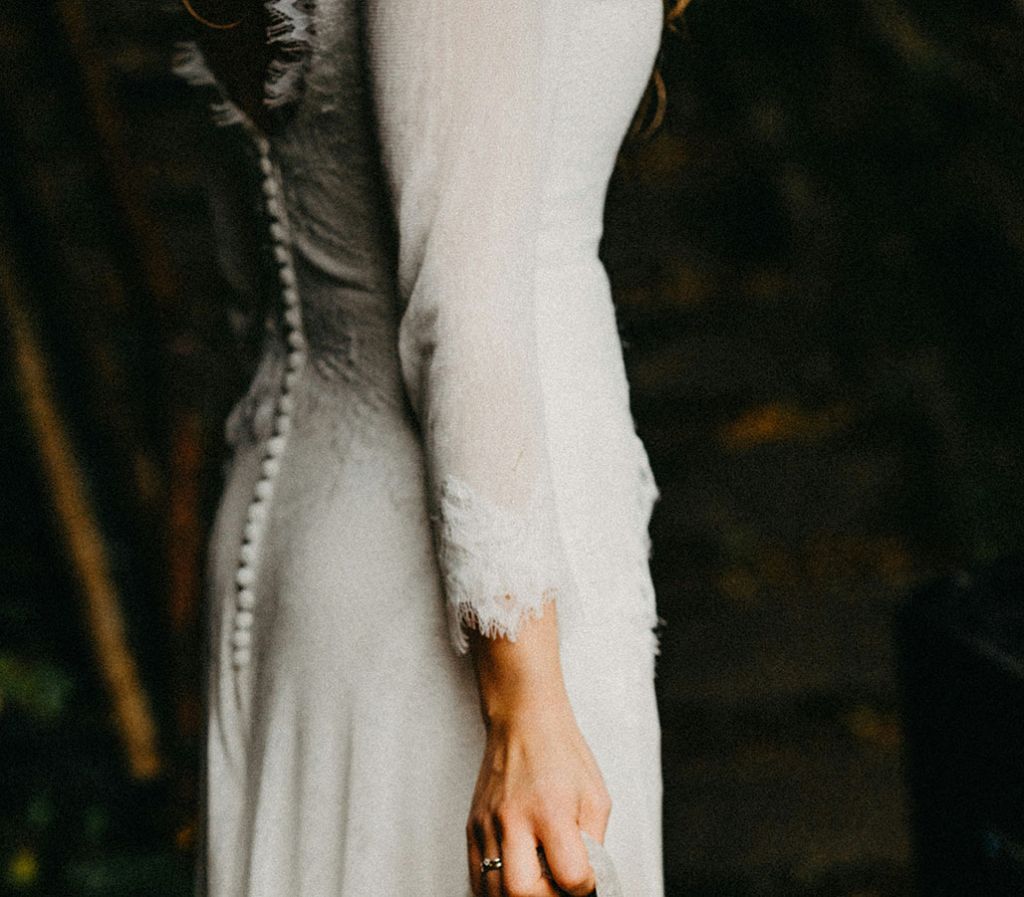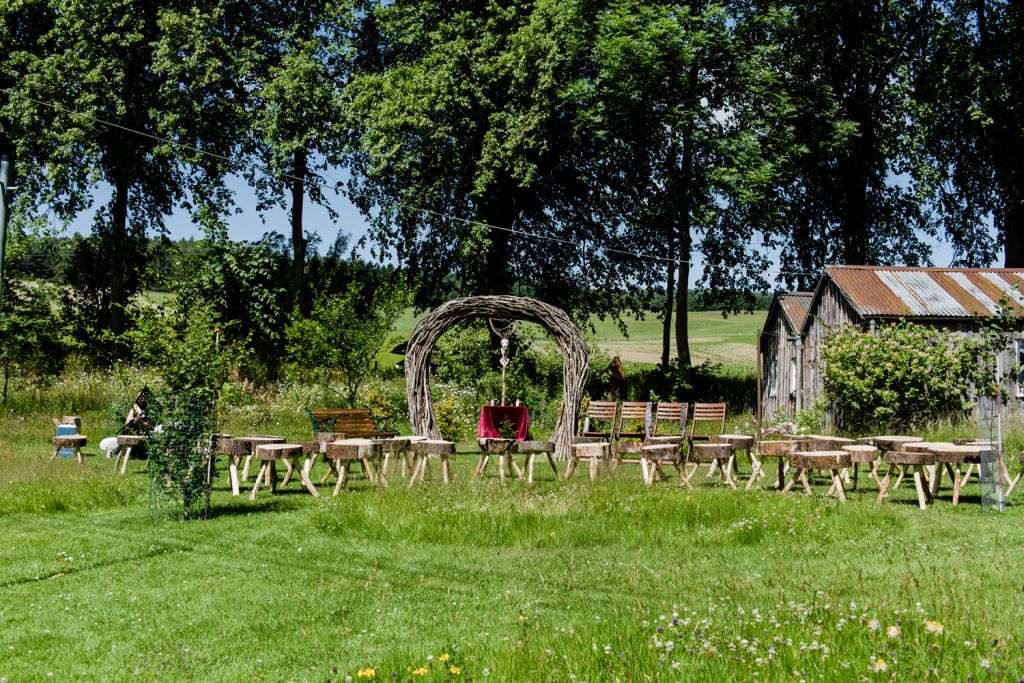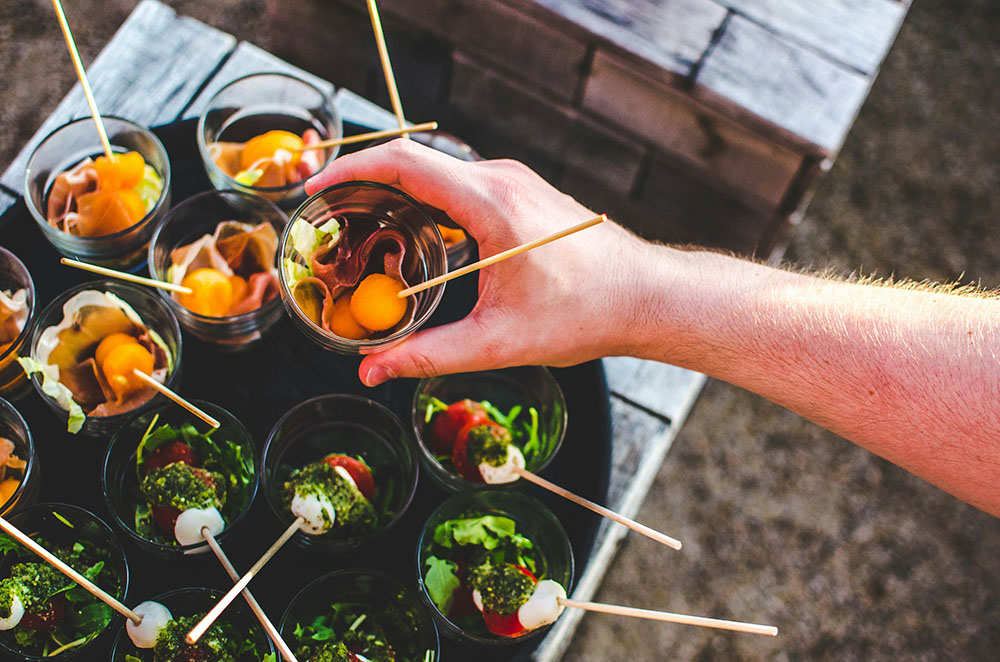

Tips for Planning Your Eco-Friendly Wedding


Here are Tips for Planning Your Eco-Friendly Wedding. If you want to reduce the carbon footprint of your wedding, this one’s for you! As environmentally conscious couples, you’re not just planning a wedding; you’re creating an experience that reflects your shared values of sustainability. Here are ten tips to help you tie the knot in harmony with Mother Earth while crafting a day that’s as unique as your love story.
Transparent Communication
Communicate your eco-friendly goals clearly with all potential vendors and confirm they can support your vision for a sustainable wedding. Use eco-friendly wedding directories like the Sustainable Wedding Alliance to research vendors’ eco credentials.
Choose a Meaningful Venue
Research Local Options: Look for venues like botanical gardens, local farms, or community parks that are known for their natural beauty and minimal need for additional decorations.
Word of mouth: Ask friends, family, or social media communities for recommendations. Personal experiences can often lead to hidden gems.
Event Planners: If your budget allows, consider hiring a wedding planner who specialises in eco-friendly events. They can be invaluable in finding venues that align with your values.
Venue’s Environmental Policy: Request to see the venue’s environmental policy. This document should outline the venue’s commitment to sustainability and specific actions.
Enquire about the venue’s green initiatives, such as composting and recycling programs and the use of non-toxic cleaning products.
Enquire about their vendors’ sustainability policies.
Send Digital Invites
Send out digital invitations to reduce paper waste. Numerous stylish and interactive options can be personalised and will surely stand out in your guests’ inboxes. You can use a platform such as Canva to create unique invitations or one of their many templates. These can then be downloaded and shared with your friends and family.
The average wedding has the same carbon footprint as an average household for a whole year!
Sustainable Rings
When shopping for a sustainable wedding ring, it’s important to ask questions about the origin of the materials, the production process, and the jeweller’s sustainability practices.
This will ensure that your ring is a symbol of your love and a testament to your commitment to the planet.
Sustainable rings are typically made from materials that are ethically sourced. This means the materials are obtained in ways that do not harm people or the planet. For example, metals are recycled or obtained from fair trade mines, and gemstones are conflict-free or lab-grown.
You may wish to consider pre-loved wedding rings passed down the generations or found in antique shops or markets.
You may have jewellery that you no longer wear that could be upcycled. Metals can be melted down and used to create wedding bands, incorporating any gems that you want to keep. Any excess can be used to create other jewellery, such as cufflinks, earrings, or pendants. Have a look at https://www.suelanejewellery.co.uk/pages/remodelling for some ideas.




Eco-Friendly Attire
The trend of wearing white wedding dresses started with Queen Victoria when she married Prince Albert. Before then. Brides wore their Sunday Best. A wedding dress is a dress that you wear on your wedding day. It really is as simple as that.
Consider Preloved Dresses: Look for second-hand or vintage wedding dresses.
These can often be found at a fraction of the cost of new gowns. Use shopping platforms such as eBay or Vinted. Oxfam have a dedicated bridal section here:
Décor and flowers
Decorate with locally sourced, seasonal flowers, or even better, opt for potted plants that guests can take home and continue to grow.
Consider pick your own flower farms to create your own bouquets and floral arrangements. Here is one such example based in Aberdeenshire https://maryfieldflowers.co.uk/ and Gardens Illustrated have compiled a list of the best pick-your-own flower farms and gardens.
https://www.gardensillustrated.com/gardens/gardens-to-visit/flower-farms-pick-your-own
Search for florists who have eco credentials and don’t use florist oasis, which is non-recyclable or biodegradable. Consider what will happen to your decor after your wedding. Much of it will end up in a landfill.
Consider renting your décor from an eco-friendly vendor. Look for vendors local to the venue and use due diligence to ensure they have good eco credentials. Your eco-friendly venue should be able to help.




Farm-to-Table Catering
Support local agriculture by hiring a caterer who uses local, organic produce. This not only tastes better but also reduces transportation emissions.
Green Transportation
To reduce the event’s carbon footprint, encourage carpooling, provide a shuttle service, or choose a venue that’s accessible by public transport.
Eco-Friendly Favours
Favours are going out of favour, but if you choose to have them, then thank your guests with favours like seed packets, homemade goods, or charitable donations in their name.


Offset Your Wedding’s Carbon Footprint
Calculate your wedding’s carbon footprint and purchase carbon offsets. It’s a small step that can make a big difference. The average wedding in the UK has the same carbon footprint as an average family for a whole year!
Remember, your wedding is a celebration of your love and commitment to each other. By making it eco-friendly, you also show your commitment to the planet. Happy planning!
Here’s how you can offset your carbon footprint with a focus on projects and initiatives within the UK:
- Support UK Reforestation: Contribute to UK-based tree planting initiatives, such as those certified by the Woodland Carbon Code, which ensures that new woodlands are planted to absorb CO2⁴.
- Invest in UK Renewable Energy: Fund renewable energy projects in the UK, like wind or solar farms, to help transition away from fossil fuels².
- Energy Efficiency Projects: Back UK programs aimed at improving energy efficiency in homes and businesses, reducing overall energy consumption².
- Methane Capture: Participate in methane capture projects, such as those at UK landfills, to prevent this potent greenhouse gas from entering the atmosphere².
- Peatland Restoration: Peatlands are significant carbon sinks, and restoring degraded peatlands in the UK can be a valuable way to sequester carbon. Look for projects certified by the Peatland Code⁴.
- Clean Technology: Invest in innovative clean technologies being developed in the UK, which aim to reduce carbon emissions across various industries².
- Community Carbon Reduction: Support community-led initiatives across the UK that work on local solutions to reduce emissions, such as community energy projects¹.
- Carbon Capture and Storage (CCS): The UK is developing large-scale CCS projects, like the one at Tata Chemicals Europe in Cheshire, which aims to capture significant amounts of CO2².
When choosing to offset your carbon footprint, selecting projects that are verifiable, traceable, and have a real impact on reducing greenhouse gases is important. By focusing on UK-specific projects, you also contribute to the country’s goal of achieving net-zero emissions by 2050.
Sources:
(1) Carbon offset projects – Forestry and Land Scotland.
https://forestryandland.gov.scot/business-and-services/carbon-offset-projects.
(2) UK’s largest carbon capture project to prevent the equivalent of 22,000 ….
https://www.gov.uk/government/news/uks-largest-carbon-capture-project-to-prevent-equivalent-of-22000-cars-emissions-from-polluting-the-atmosphere-from-2021.
(3) Carbon offsetting: reviewing the evidence – Creating a better place.
https://environmentagency.blog.gov.uk/2021/05/10/carbon-offsetting-reviewing-the-evidence/.
(4) Carbon reduction plan – GOV.UK.
https://www.gov.uk/government/publications/carbon-reduction-policy/carbon-reduction-plan.
Remember, your wedding is a celebration of your love and commitment to each other. By making it eco-friendly and following the above 10 Tips for Planning Your Eco-Friendly Wedding, you also show your commitment to the planet. Happy planning!
“There is a path to sustainability. It is a path that could lead to a better future for all life on Earth.“
David Attenburgh
Let me tell your stories in a unique and personal way!… Contact me Isabel Lockhart.

